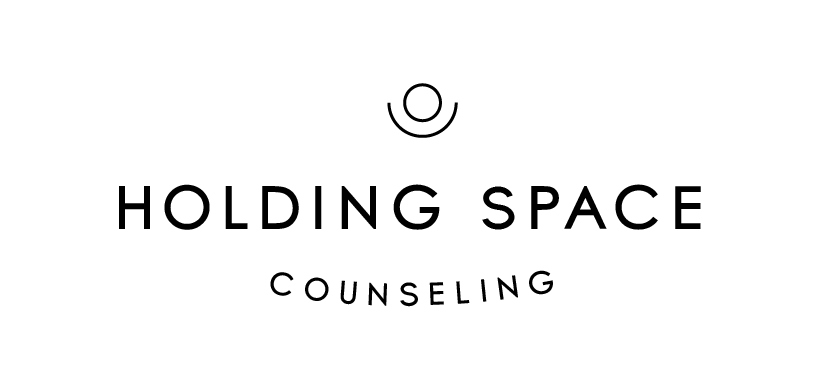Self-acceptance can be elusive for many. Judgement, criticism, and rejection are a part of all our stories, and this can have a way of settling into the crevices of our heart. These experiences often move inward and become part of our ongoing inner voice.
We learn to maneuver through life adjusting ourselves by avoiding or covering up parts of ourselves and our story. This is an instinctual response we develop similar to when a child learns to pull back their hand from a hot stove. These automatic responses kick in to help us move away from whatever is causing us emotional pain. This useful, but limited response, may be all we know how to do.
Beginning the practice of self-acceptance can feel daunting. Some parts of our story may be so painful that avoidance and hiding become a way of life. Starting small and choosing one area of our life to look more deeply at can free us from feeling overwhelmed. Taking the time to look more deeply at ourselves and moving towards self-acceptance may bring up some resistance.
Here are a few examples of what may come up:
1. Unreliable/Distorted Interpretations of Past Experiences
Letting go of some of our interpretations of past experiences may be necessary in practicing self-acceptance. A painful experience may have led us to distorted beliefs about ourselves. Interpretations such as “I am stupid” keep us stuck and block us from growing. A more dynamic interpretation of “I am learning” empowers us to be open in the moment. It allows us to let go of judgements that were handed down to us and find new ways of viewing ourselves and our place in this world.
2. Fear of Rejection (Hindrance to Belonging)
Self-acceptance can feel counter-intuitive. Part of why self-acceptance takes intentional practice is that the innate desire to belong and be accepted by others is what compelled us to start hiding aspects of ourselves in the first place. The fear of being judged or rejected is a powerful motivator to continue covering up. Even though we cannot guarantee the approval of others when we learn to accept ourselves, we can rethink belonging.
Brené Brown beautifully articulates that “belonging starts with self-acceptance. Your level of belonging, in fact, can never be greater than your level of self-acceptance, because believing that you’re enough is what gives you the courage to be authentic, vulnerable and imperfect.”
Finding belonging through self-acceptance, rather than at the expense of it, is a new approach to our story. It frees us from the demand of perfectionism. Accepting our limitations gives us the strength to show up for ourselves and those we care about with compassion.
3. Resignation
One definition of acceptance is “the action or process of being received as adequate or suitable.” When applied to the self, we usually don’t have as much resistance to accepting the things we deem good, or worthy about ourselves, but it is those things that cause us discomfort or distress that are harder to accept. We might believe that if I accept myself as I am today then I will no longer be motivated to change. Resigning ourselves to a life that will always be the same is not the same as viewing yourself as adequate, or enough. Self-acceptance goes beyond resignation and includes our ability to
develop, change, and mature.
If it is difficult to begin, why would we embark on this journey? First, practicing self-acceptance gives us back mental and emotional energy. Keeping part of ourselves hidden takes ongoing energy and self-acceptance frees up this energy to be used differently. An additional benefit is that self acceptance keeps us moving forward. Denial and suppression keep us entrenched in past narratives. Acceptance allows us to acknowledge where we are today and consider ways that we can continue to grow.
Self-acceptance gives us the permission to be human. It grounds us to this moment and to ourselves. We can let go of working harder and embrace working differently. We reclaim the power of deciding how we will be treated within ourselves. Practicing self-acceptance does not need to be an all or nothing endeavor. We don’t have to apply the demand of mastery or perfection to it, rather we can recognize it as an ongoing invitation to approach ourselves with curiosity and openness.
To start or continue this practice of self-acceptance you can use the following journal prompts. Begin by taking stock of where you are today:
- How do I feel? How long have I felt this way?
- Have I ever experienced being around an accepting person? If so, what was it like to be around them?
- Is it easier for me to be encouraging or hopeful towards a friend than it is to myself?
- Are there things about myself that I appreciate today?
Editor’s Note: The following blog is by Holding Space Counseling Masters Level Intern, Dawn White. She is currently accepting new clients. You can learn more about Dawn here.


